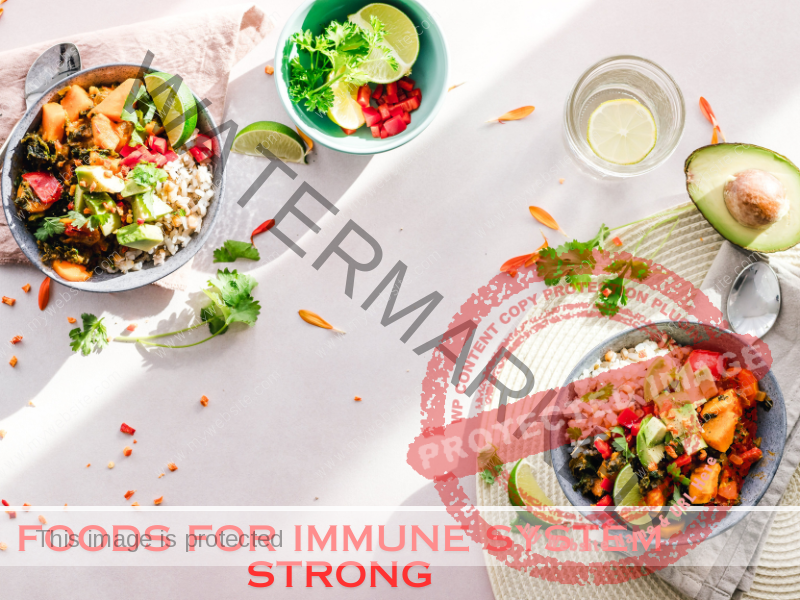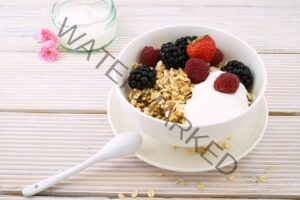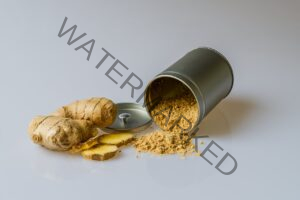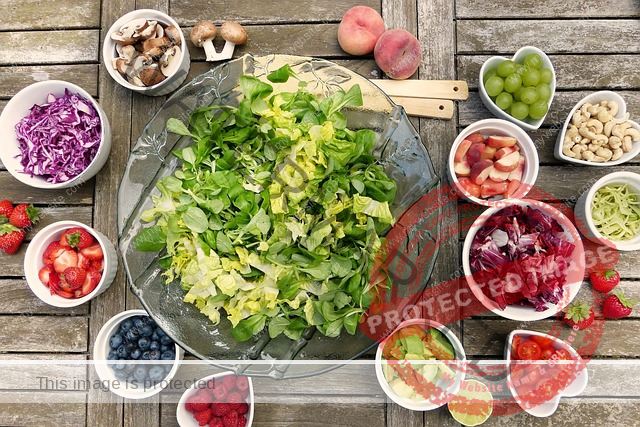15 Foods That Boost the Immune System: Choose Foods that Boost Your Immunity and Fight Infection
15 Immune System Boosting Foods
Overview:Immune System
Keeping the immune system strong is essential for general health and wellbeing. An immune system that is supported by a diet high in vitamins, minerals, and antioxidants must be well-balanced. Including foods that strengthen your immune system in your regular meals will help you fight off infections and illnesses.
These 15 meals are well-known for strengthening the immune system:
Citrus Fruits:
Rich in vitamin C, a powerful antioxidant that boosts the development of white blood cells, which are essential elements of the immune system, citrus fruits include oranges, grapefruits, lemons, and limes.
Berries:
Packed with vitamins and antioxidants, berries including raspberries, blueberries, and strawberries enhance system health by shielding the body from oxidative stress.
Garlic:
For centuries, people have appreciated garlic’s ability to strengthen immunity. Allicin, a substance with antibacterial and anti-inflammatory properties, is present in it.
Yogurt:
A healthy gut microbiota is supported by probiotics, which are helpful bacteria found in yogurt. Enhanced immune function is associated with a balanced gut microbiome.
Spinach:
Rich in minerals and vitamins, including folate and vitamin C, spinach boosts immunity and promotes the growth of new cells.
Almonds:
Packed with fat-soluble antioxidants, vitamin E helps shield cells from harm. Adding a few almonds to your diet on a regular basis can help maintain a strong system.
Turmeric:
The active ingredient in turmeric, curcumin, has antioxidant and anti-inflammatory qualities. Including turmeric in your diet has the potential to influence immune response modulation.
Broccoli:
Packed with fiber, vitamins A, C, and E, and other antioxidants, broccoli is a great option for supporting a healthy immune.
Green Tea:
Studies have demonstrated the immune-stimulating properties of green tea’s abundant polyphenols, especially its catechins. Additionally, it contains the amino acid L-theanine, which may help produce molecules that fight germs.
Shellfish:
Crustaceans, clammers, and mussels are good providers of zinc, a vital mineral for immune system function.
Papaya:
Packed with vitamin C and an anti-inflammatory digestive enzyme called papain, papayas are a tropical fruit.
Sunflower Seeds:
Rich in phosphorus, vitamin E, and selenium, sunflower seeds support a strong immune system.
Ginger:
Traditionally used to enhance the immune system, ginger possesses anti-inflammatory and antioxidant qualities.
Carrots:
The body uses beta-carotene, which is abundant in carrots, to produce vitamin A. The health of the skin and mucous membranes, which serve as barriers against infections, depends on vitamin A.
Kiwi:
A great addition to any diet that aims to strengthen the immune system, kiwis are a powerhouse of vitamin C and also include potassium, vitamin K, and vitamin E.
In summary: Immune System
A diet rich in nutrients and well-rounded is essential for maintaining a robust. Including these 15 immune-stimulating foods in your regular meals might help you stay healthier overall and be more resistant to illnesses. To ensure that your system functions at its best, keep in mind that a balanced lifestyle involves regular exercise, enough sleep, and stress management. For individualized guidance on diet and health, always speak with a medical practitioner.
FAQs: Immune System
Q1: Describe the immune system?
A1: To protect the body from dangerous invaders like bacteria, viruses, fungus, and other foreign substances, the immune is a complex network of cells, tissues, and organs. Its main objective is to identify and eradicate infections while differentiating them from the body’s own cells.
Q2: How is the immune system functioning?
A2: A sequence of well-coordinated reactions drive the system’s functions. Immune cells identify pathogens as foreign invaders and launch an attack. White blood cells, antibodies, and different signaling molecules are important constituents.
In order to eradicate or neutralize the threat, the immune response combines both innate (non-specific) and adaptive (specific) systems.
Q3: Which organs are a part of the immune system?
A3: The tonsils, lymph nodes, bone marrow, spleen, and thymus are important immunological organs. These organs serve as homes for immune cells and aid in their growth, maturation, and communication, all of which support a successful immune response.
Q4: How can my immune system be strengthened?
A4: Maintaining a healthy lifestyle is essential for system maintenance. This include managing stress, maintaining a healthy balanced diet full of fruits, vegetables, and whole grains, exercising frequently, getting enough sleep, and abstaining from alcohol and tobacco. The immune system may also benefit from specific meals and supplements, such as those rich in probiotics, zinc, and vitamins C and D.
Q5: Is the immune system susceptible to stress?
A5: The immune system might indeed be adversely affected by prolonged stress. Stress chemicals like cortisol have the ability to impede system function, leaving the body more vulnerable to infections. Using stress-reduction techniques like exercise, meditation, and getting enough sleep can assist in maintaining a strong immune system.

Q6: How do vaccinations affect the immune system?
A6: Vaccines do not actually cause disease; instead, they help the immune system identify and recall particular infections. This prevents infections or lessens their severity by enhancing the system’s ability to react more quickly and efficiently when exposed to the pathogen.
Q7: Is the immune system weakened by sleep deprivation?
A7: The immune system might be weakened by getting too little sleep. The body creates and releases cytokines, which are proteins essential to immunological function, while you sleep. The body may produce less of these cytokines as a result of long-term sleep deprivation, which increases susceptibility to infections.
Q8: How is the immune system impacted by age?
A8: Immune-system is the term for the alterations that the system experiences as we age. Older people are more susceptible to illnesses because, generally speaking, their immune systems may deteriorate. On the other hand, a healthy lifestyle that includes regular exercise and a balanced diet can assist the immune at any age.
Q9: Can meals compromise the immune-system?
A9: An immune system that is overfed on processed meals, refined carbohydrates, and unhealthy fats may suffer. These food selections may worsen general health and aggravate inflammation. To maintain the best possible immune function, one must maintain a diet rich in nutrients and well-balanced.
Q10: If I have any immune-related problems, when should I consult a doctor?
A10: It’s best to speak with a healthcare provider if you have severe or chronic symptoms, recurrent infections, or doubts about the health of your immune system. They are able to evaluate your particular circumstance, offer tailored guidance, and suggest suitable actions when needed.
You have to wait 30seconds.


















I’m not sure where you are getting your information, but great topic. I needs to spend some time learning more or understanding more. Thanks for excellent info I was looking for this info for my mission.
Thank you for your valuable time to surf on our blog. We are always dedicated to share the most informational and valuable contents to our readers.